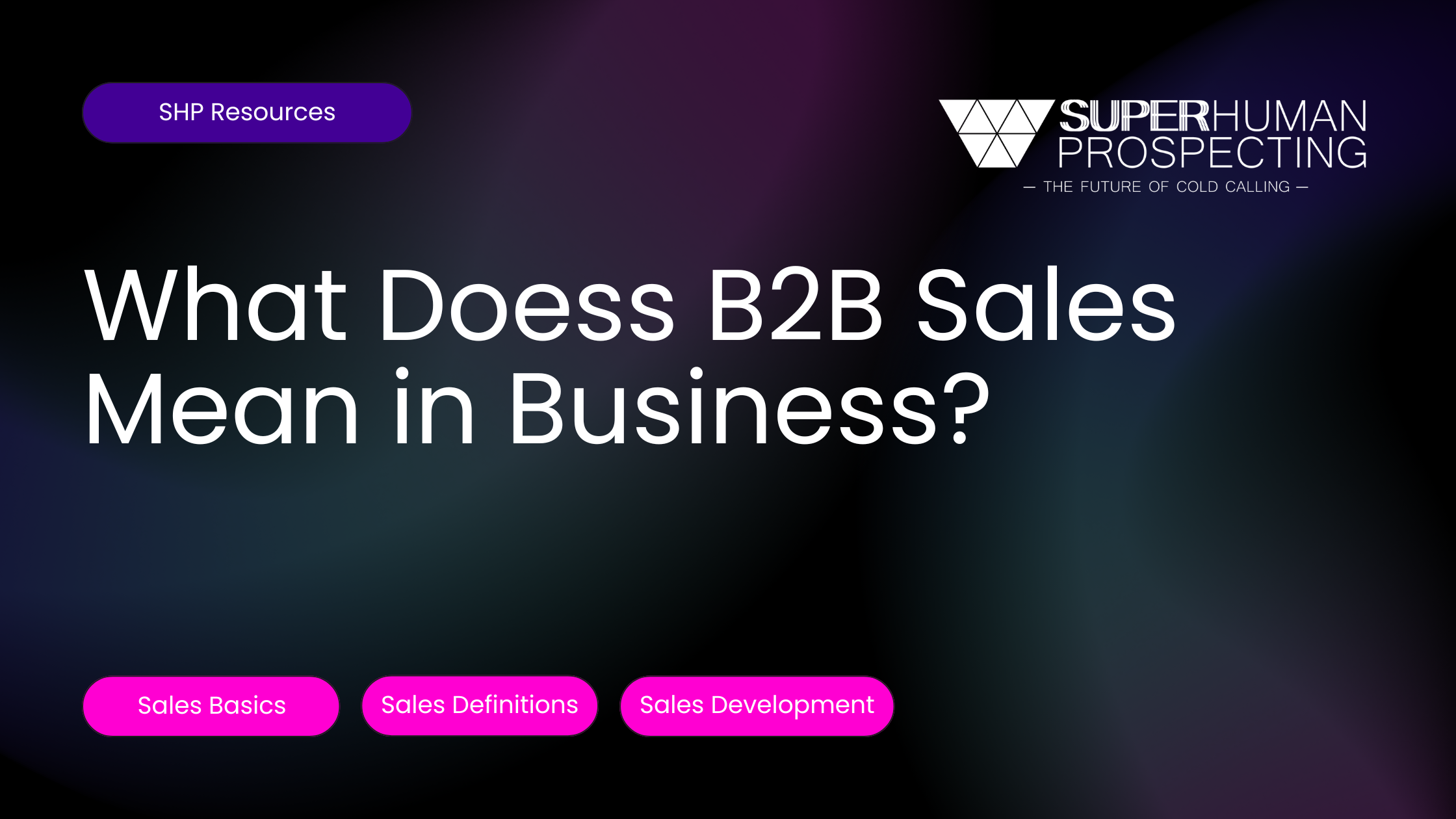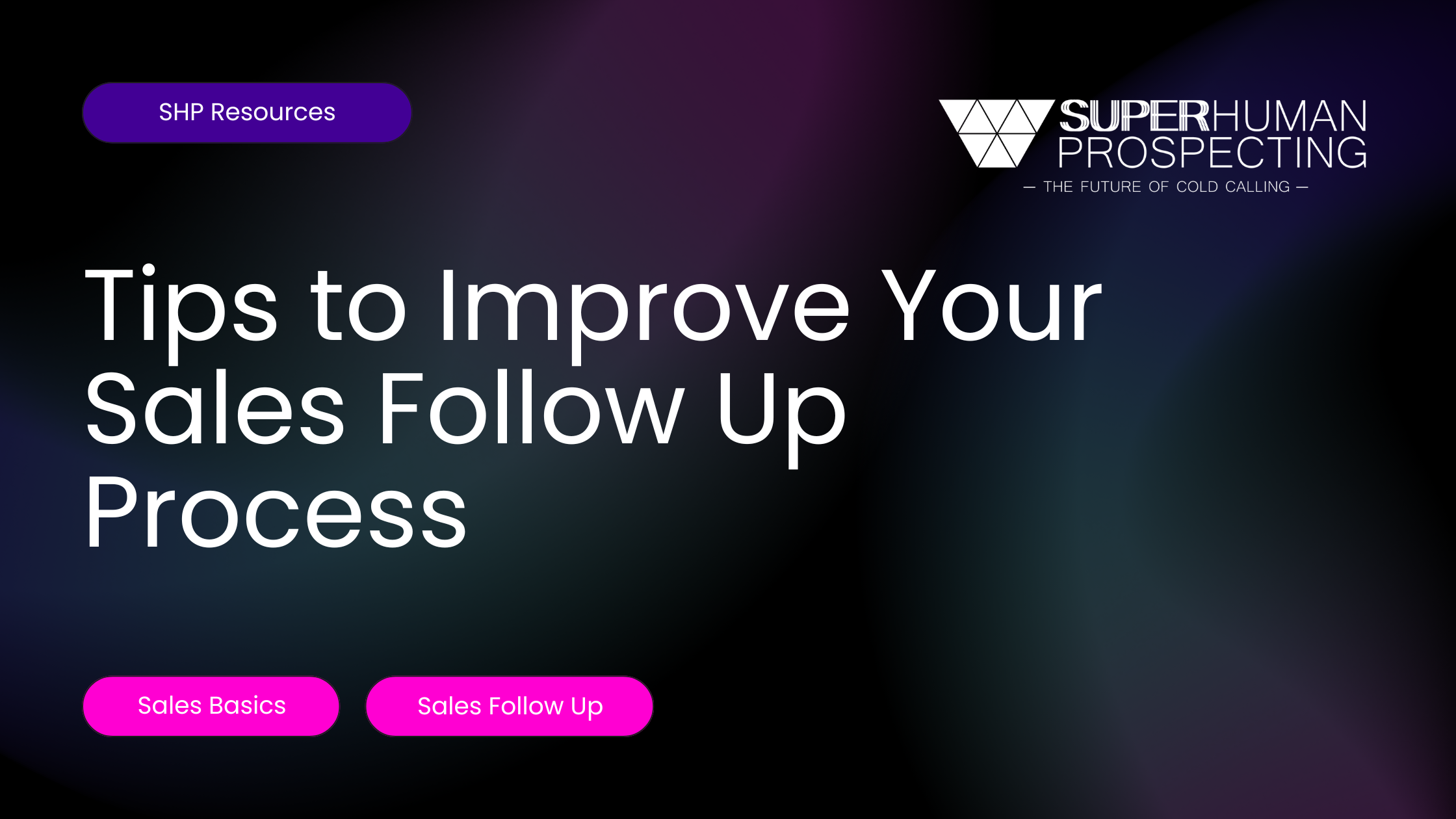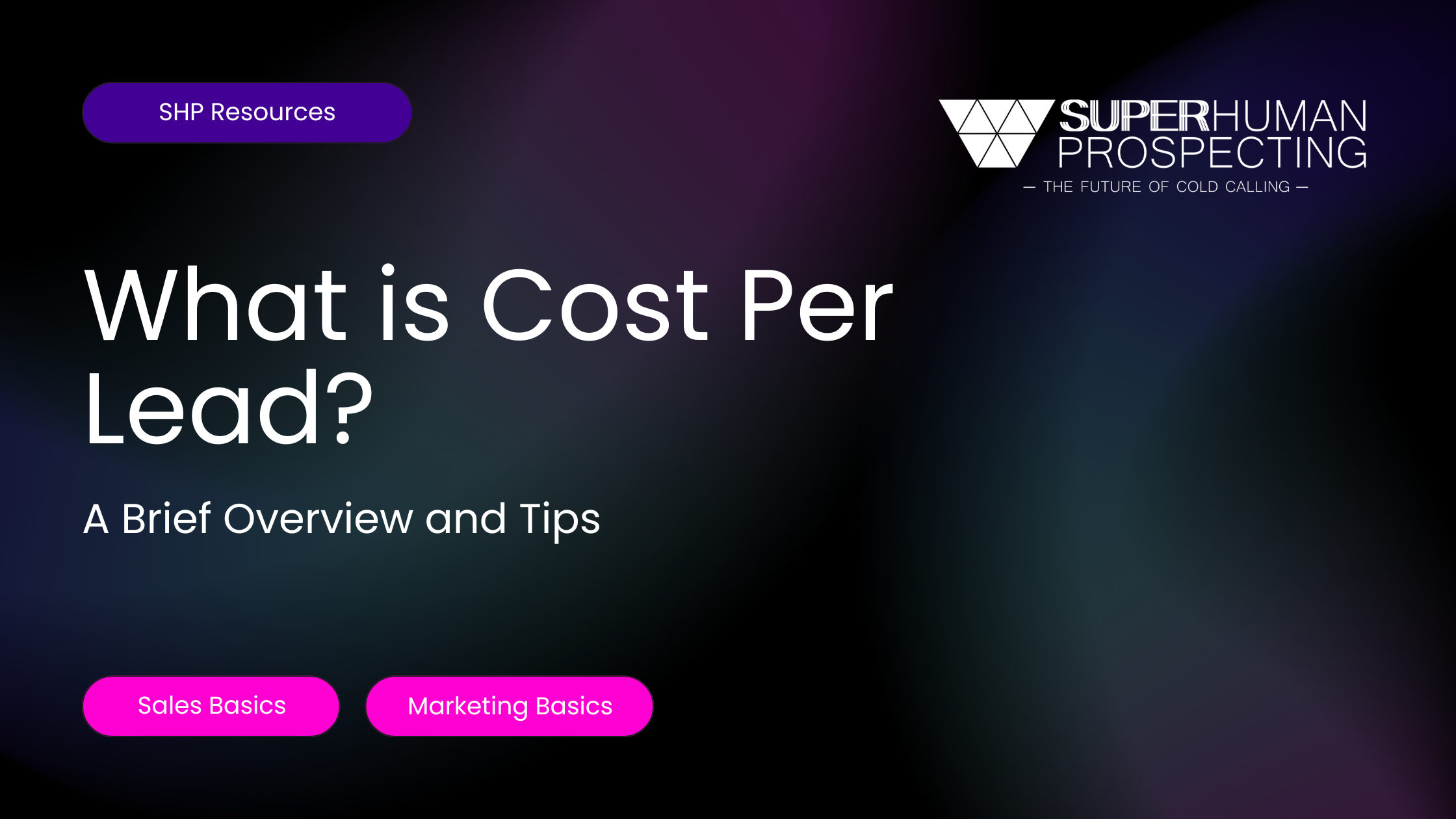B2B sales (aka business-to-business sales) is all about selling products or services from one business to another. Think of it like this: instead of selling to individual customers, you’re helping other businesses solve their challenges. Whether it’s tech companies selling software, suppliers providing parts to manufacturers, or consulting firms offering services, B2B sales are everywhere.
So why does understanding B2B sales matter? Because it’s key for growing your business, navigating complex sales processes, and (most importantly) building meaningful partnerships. In this post, we’ll break down what makes B2B sales unique, the steps in the process, examples, and how you can crush it with proven strategies.
B2B Sales vs. B2C Sales: What’s the Difference?
Okay, so you’ve heard of B2B sales, but how does it differ from B2C (business-to-consumer) sales? Let’s keep it simple:
- Who You’re Selling To: B2B targets companies or organizations, while B2C focuses on individual shoppers. Think selling a bulk office supply deal versus selling one notebook to a student.
- The Time It Takes: The B2B sales cycle is usually longer—sometimes months (or even longer). That’s because you’re usually dealing with several decision-makers, big budgets, and lots of research.
- The Approach: B2B sales are more about nurturing relationships and offering value. It’s not as straightforward as showcasing a cool product—it’s about showing how your solution drives results for a business.
The B2B Sales Process: Step-by-Step Breakdown
Think of the B2B sales process like a structured journey. Here’s what that journey typically looks like:
1. Prospecting & Lead Generation
This is where it all begins. Start by identifying businesses in your target market—whether that’s healthcare, retail, or tech. Use strategies like digging into research, networking at industry events, or even some good old-fashioned cold calling to build a list of potential customers.
2. Qualification
Not every lead is a home run. Find out if your leads are worth pursuing by researching their needs, budget, and ability to make decisions. This vetting process ensures you’re spending energy on prospects who might actually buy.
3. Needs Assessment
Once you’ve found a solid lead, dig deeper. Ask thoughtful questions, listen carefully, and understand their pain points. The goal is to match your product or service with what they really need.
4. Proposal Stage
Here’s where you show that you’re the perfect fit. Create a pitch, presentation, or demo that showcases how your product or service solves their problems. Be ready to customize your explanation to really hit home.
5. Handling Objections
Let’s face it: not all prospects will be sold the first time around. They might worry about cost, timing, or even trust. This is your chance to address concerns confidently. Fun fact: 60% of customers say “no” four times before they eventually say “yes.” Stay patient and persistent.
6. Closing the Deal
When the deal-making starts, be ready to negotiate terms and finalize details. Strong communication is key here since this is where those long conversations (and sometimes months of work) pay off.

Real-Life B2B Sales Examples
Need some examples of how B2B sales play out in real life? Here are a few scenarios:
- A SaaS company selling a crm tool to home improvement companies so they can manage clients more efficiently.
- An automation company reaching out to beverage manufacturers to make production more efficient.
- A wholesale business providing medical supplies to healthcare businesses in bulk.
- A consulting company offering growth strategies, helping companies improve their sales processes.
B2B is everywhere! Anytime a business solves another business’s problem—boom, that’s B2B.
Tips to Crush Your B2B Sales Goals
Want to be a B2B sales rockstar? Start with these strategies:
1. Know Your Ideal Customer
Who are you actually selling to? Take some time to craft a clear profile of your ideal customer. Understand their challenges, goals, and pain points so you can tailor your approach to them.
2. Leverage Multi-Channel Tools
Don’t put all your eggs in one basket. Use a mix of content marketing, cold calls, social media outreach, and sometimes even in-person networking to reach and engage with your leads.
3. Get Personal
Cookie-cutter outreach doesn’t cut it. Do your research on each prospect and personalize every interaction—whether it’s referencing their company news or sympathizing with their industry challenges. Show you genuinely care about their needs.
4. Focus on Benefits, Not Just Features
Features sound fancy, but benefits seal deals. How will your product lower costs, improve efficiency, or unlock growth? Use data, success stories, or case studies to back up your value proposition.
5. Talk ROI (Return on Investment)
Businesses care about one thing: results. Quantify the ROI they can get with your solution—dollars saved, revenue increased, or time freed up.
Why B2B Sales Matters
In a nutshell, B2B sales is all about building relationships while solving real business needs. It requires a mix of strategy, research, and personalization. By learning the ins and outs of this process, you can create meaningful connections with clients and drive serious growth for your business.
B2B sales might seem a little daunting at first, but once you break it down, it’s all about connecting with the right businesses and showing them the value you bring to the table. Keep refining your approach, and you’ll start closing deals in no time!
Got Questions? We’ve Got Answers! (FAQ)
1. What even is B2B sales?
B2B stands for business-to-business, meaning one company sells its products or services to another business instead of individual shoppers. Think tech services, office supplies, or manufacturing parts.
2. How is B2B different from B2C sales?
B2B is about selling to organizations, which often involves longer sales cycles, multiple decision-makers, and greater focus on ROI. B2C is more straightforward and focuses on pleasing individual customers with faster, simpler transactions.
3. Do all B2B sales take forever?
Not necessarily! While many B2B sales involve complex decision-making and longer timelines, some deals (depending on the product or service) can move quickly, especially if the buyer’s needs are urgent.
4. What skills are essential for a B2B salesperson?
Great communication, active listening, research skills, and the ability to handle objections with confidence are key. A good salesperson also knows how to be both informative and empathetic.
5. Any hacks to improve my B2B prospecting?
Use a combination of LinkedIn, industry events, and tools like CRM software to identify and track potential leads. And don’t forget to personalize your outreach! Prospects are more likely to respond when they feel like you’ve taken the time to understand them.







